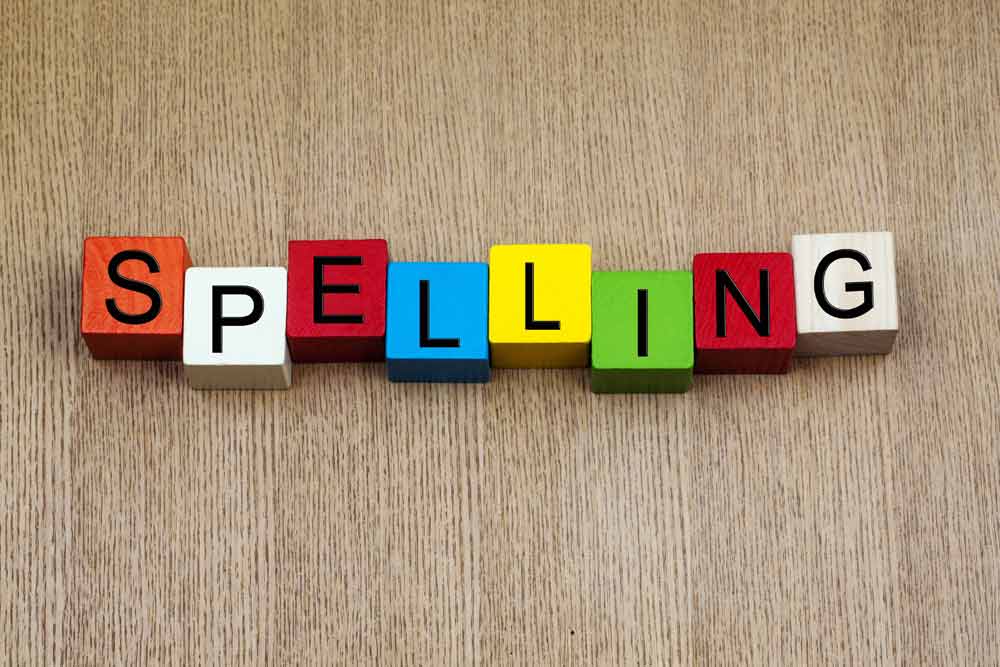 Spelling is a basic skill that has become neglected, but here is why spelling is still important, perhaps more than ever!
Spelling is a basic skill that has become neglected, but here is why spelling is still important, perhaps more than ever!
In recent years, electronic devices have become equipped with powerful spell check systems that automatically correct our spelling mistakes. In addition, we often use Google as our dictionary. Many highly-educated, successful, intelligent people have this trouble. Some say spelling stifles creativity by blocking the writer’s flow of ideas, while others argue that there is a stigma against people who do it poorly. Unfortunately, a bad speller can easily be mistaken for a bad student.
It is not merely stigma though, for young students, spelling may be the key to becoming successful readers and writers.
Spelling Improves Writing
Some students find spelling to be incredibly easy, noticing immediately when something does not look right. For others, words are unpredictable and confusing. The English language can seem daunting and filled with strange rules and inconsistencies. Students who struggle with spelling often feel insecure about writing anything. They may say “I hate writing” or “I have no good ideas.”
Often, these same students are creative thinkers who express themselves well verbally. What holds so many students back is the fear of not being able to spell. For these students an explicit reading program like Preventing Academic Failure (PAF) is vital. Through programs like these, students learn the English language’s rules and patterns and begin to read and spell words with ease.
Spelling Improves Reading
Spelling and reading are inextricably linked: learning how to spell is learning to read. Learning the way spelling works helps with decoding, which improves overall comprehension. The more a student understands these building blocks of language, the more fluent their reading becomes.
A Place for Inventive Spelling
Inventive spelling is the process of making words phonetically, which leads to unconventional examples of writing the same words. While exact instruction is helpful for students in first grade and above, inventive spelling does have its place.
Students in Pre-K or Kindergarten who are just learning how to form letters and words should be taught inventive spelling to learn sound and symbol correspondence.
They should practice pulling sounds in words apart and blending them together. Only as students gain experience writing, should they begin to learn spelling rules. Even as students advance through the upper grades, students should always have a place to journal without worrying about spelling. Even adults misspell words and there is always value in learning to proofread, edit and rewrite.
By Joanna Brown, Reading Specialist